Community Partnership Information Sharing Form (CPI)
Sharing of information is critical to developing a clearer picture of local and wider issues, to inform the actions police need to take to reduce threat, harm and risk.
Hampshire Constabulary are seeking the support of partners, education staff and practitioners to share information known to them which, often without realisation, could provide crucial links where gaps in intelligence might exist.
To help improve information sharing, the CPI form gives professionals a safe and direct way to share non-urgent information with police relating to children/adults at risk. Information can relate, but is not limited to the following:
- Missing, Exploited, Trafficked
- Child Sexual or Criminal Exploitation
- Drug Related Harm
- Modern Day Slavery
- Community Cohesion
- Anti-Social Behaviour
- Organised Crime
- COVID related incidents
In essence, the CPI form can be used for any information you feel the need to share with police, providing it does not amount to a crime or a safeguarding issue – where it does, you would need to report as a crime or make a MASH referral as per the guidance on this page.
The CPI Form: Use and Process Summary
If the information known to you is non-urgent, not a crime and a child/adult is not at immediate or significant risk, it is appropriate to be shared with police as ‘intelligence’ using the CPI form. The CPI form is not a referral or crime reporting form, it is for sharing non-urgent information which would not otherwise fall into other referral and reporting mechanisms .
Upon receipt of a CPI form, intelligence handlers assess it to determine the level of risk and priority, this process can amount to one of the following outcomes:
- CPI sanitised an intelligence log created – added to police systems for officer awareness/action
- If information details a crime, this is tasked to the crime desk for allocation to be investigated – in which case you will be contacted as the person reporting
- If there is a concern for safety, it will be referred to the relevant safeguarding services/teams
- In some cases, no action will be taken
Recent Changes to the CPI Form
Based on the feedback given by partners regarding the CPI form, changes to some common points have been made to the last 2 sections of the form where partners can now explain any difficulties, risks/concerns they have if police were to take action on the information they are submitting and how they feel this might be mitigated. Please be reminded to always complete the CPI from this Safe4me webpage as this will always be the most current version – if you save and store it, you may be submitting an out-of-date version.







